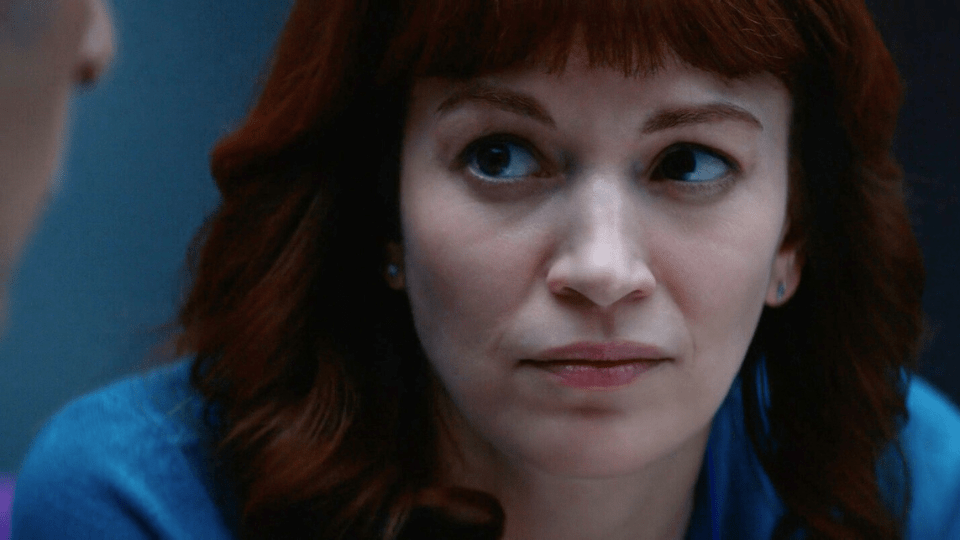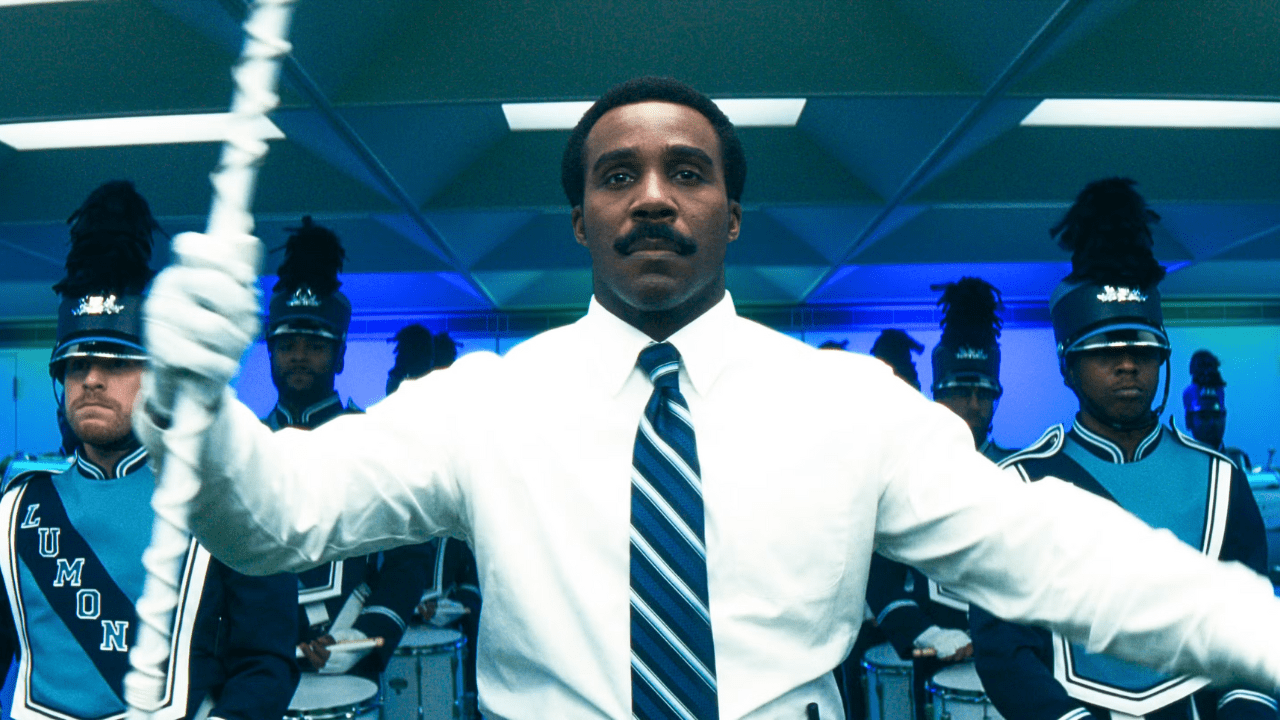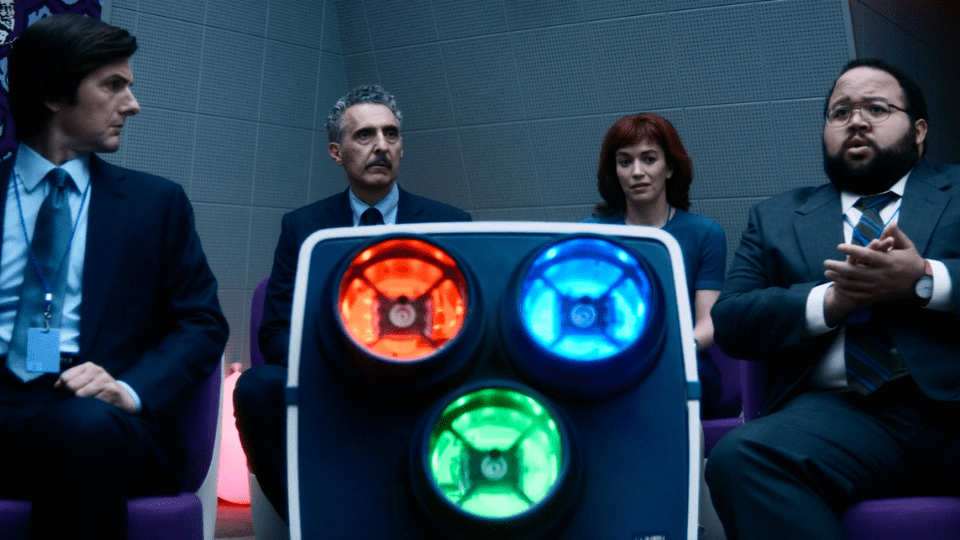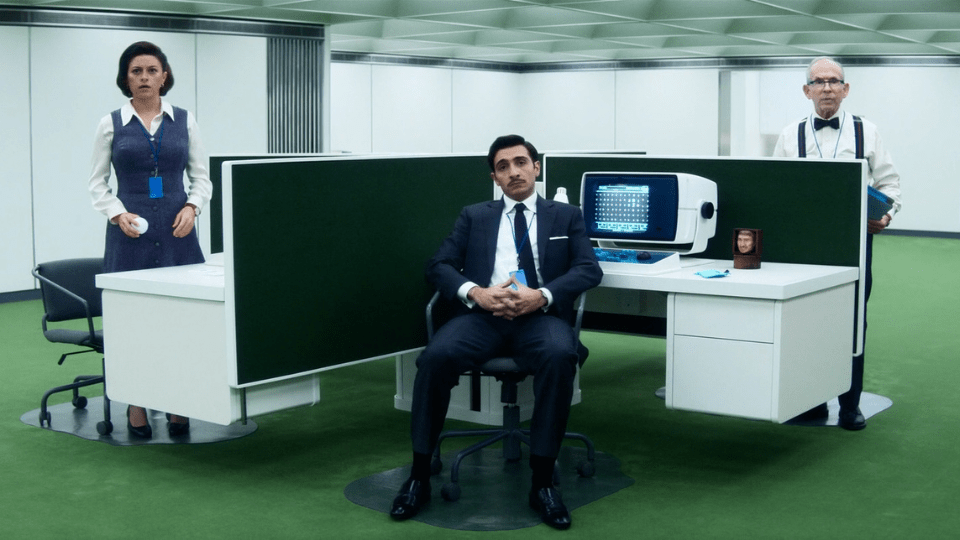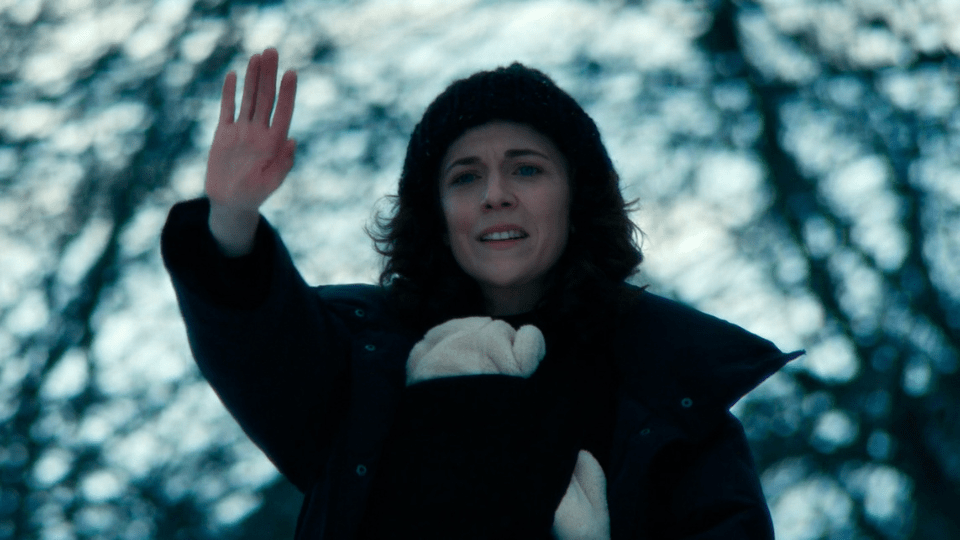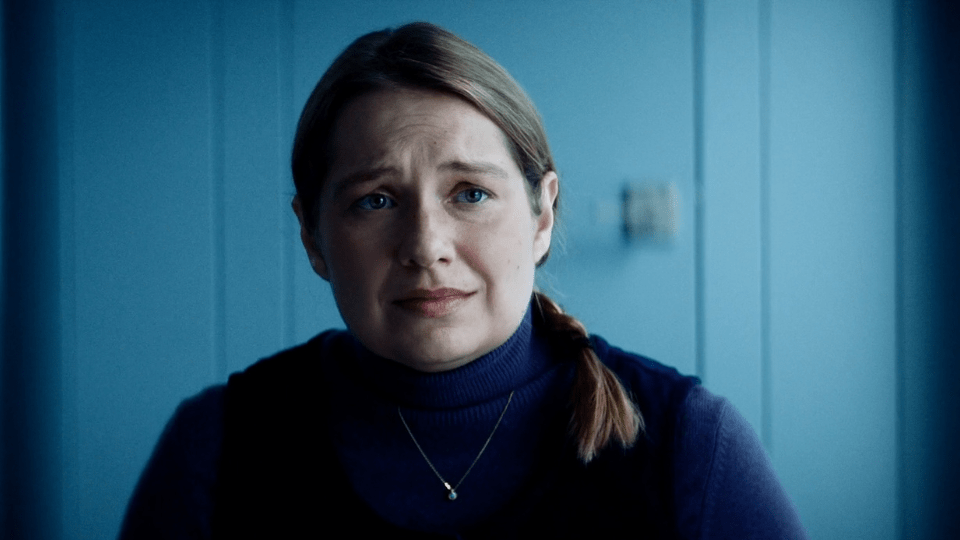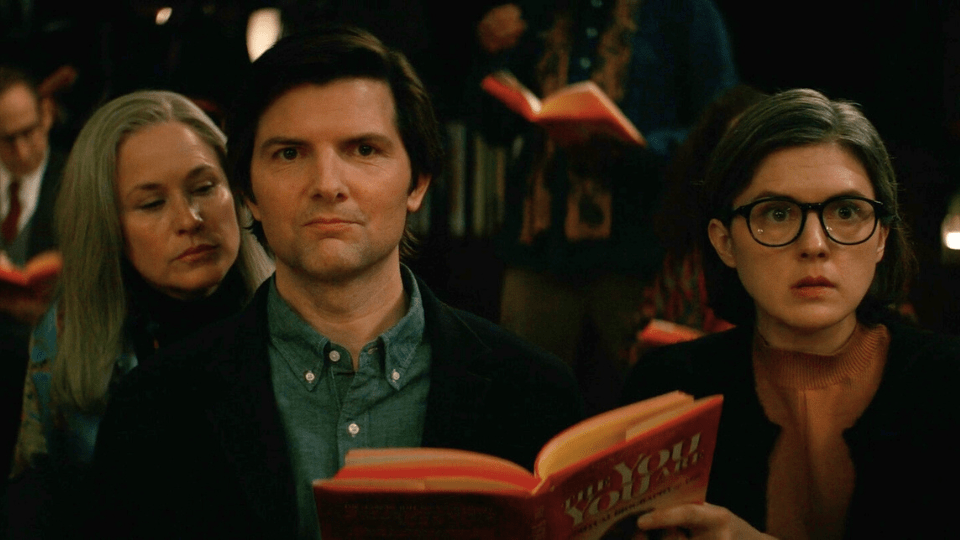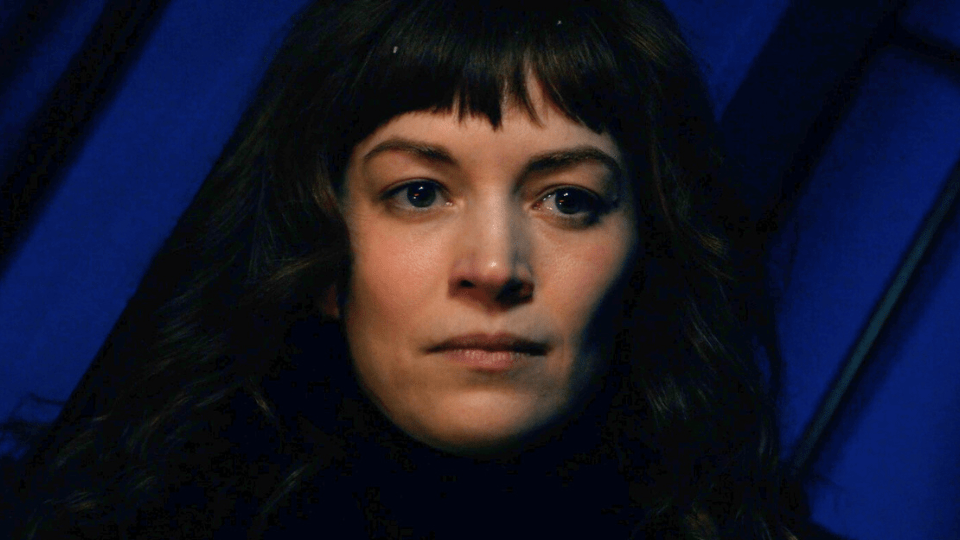In a show as intricately layered as Severance, even a seemingly throwaway line can carry enormous weight. One of the most subtly revealing moments arrives in Season 2, Episode 1, when Helly R - after waking up as her Outie during the Overtime Contingency - tells the others she saw a Gardener outside her apartment... at night.
On its surface, it sounds innocent yet a slightly fumbled response. But upon closer inspection by Irving especially later in the series, the Night Gardener scene is far more than small talk. It’s a psychological smokescreen, a mask that hints at Helena’s deeper deception. It exposes the unsettling emotional divide between Innies and Outies and lays the groundwork for one of the show’s most devastating character revelations
A Story That Doesn’t Add Up
When Mark and Helly debrief their Overtime experiences, the contrast is immediate and jarring. Mark is vulnerable, even shaken, opening up about the woman he believes is his deceased wife, Gemma, being Miss Casey. It’s a raw, emotional moment but then Helly offers her own story about waking up and it’s…odd. She describes her surroundings as "boring." Her tone is flat. And most curiously, she mentions stepping outside to talk to a gardener, working in the middle of the night. Irving, ever the observer, immediately senses something’s off. Why would an Innie, experiencing the outside world for the first time, be so underwhelmed? How did she know it was a gardener and why was he at work then? The answer, of course is revealed later in the season and is that this wasn’t really Helly. It was Helena - the Outie, the Egan heiress - pretending to be her Innie counterpart.
The story of the Night Gardener is more than a weak cover; it's a subtle psychological tell for the observant viewer. It reveals Helena's inability to fully grasp the perspective of an Innie. She overplays normalcy. She underplays awe. And she betrays herself with every calm word.
The Privilege of the Outie Perspective
There’s something deeply ironic about Helena’s gardener story. To her, the world is mundane. Waking up in a perfectly nice apartment is “boring.” Seeing a gardener out of context isn’t strange because she expects there to always be someone maintaining the world around her. For a real Innie, seeing the outside world for the first time would be overwhelming, dazzling, maybe even frightening. But Helena isn’t awed, she’s clinical, strategic, detached. The Night Gardener moment speaks volumes about Helena’s identity. She sees staff before she sees neighbors, friends or family. She speaks as if fulfilling a role, not expressing emotion. This is classic Lumon conditioning except it’s coming from an Outie and the Outie at the top of it all.
It reveals Helena's inability to fully grasp the perspective of an Innie. She overplays normalcy. She underplays awe. And she betrays herself with every calm word.
It’s a mirror to the way Lumon sees its employees: functional, disposable, out of sight. The moment underscores the socio-political divide within the Severance universe. Helena’s story reveals her upbringing, her elite status, and her lack of empathy for those actually living under Lumon’s psychological control. She’s not fighting for the Innies, she’s observing them and misunderstanding their intelligence. She is also manipulating them.
The true power of the Night Gardener scene lies in what it signals to the audience. Helena’s disinterest isn’t just a flaw in storytelling, it’s the point. It’s a masterstroke in character development. Irving picks up on it, and viewers do too, even if subconsciously. There’s a tension in her delivery. A performative edge. She’s not discovering; she’s reciting with no real emotion. We can see it paralleled with Mark's overly emotional delivery.
By the end of Episode 4, the illusion crumbles. Helena is not who she claimed to be. She’s not Helly R. She’s a plant, a corporate insider masquerading as a rebel, gaining trust, manipulating narratives. In hindsight, the night gardener is the tip of the iceberg, a seemingly benign anecdote that gives away the entire game. This moment is classic Severance: psychological, symbolic, and loaded with narrative misdirection. It uses a small, mundane story to reveal a profound emotional disconnect, one that defines the entire series. And for fans who savor the show’s cerebral layers, the Night Gardener scene becomes the origin to decoding character motivations and class dynamics within Lumon.
Looking back at the end of Severance Season 2, the Night Gardener moment really does reveal everything: her identity, her privilege, Lumon’s manipulations, and about the emotional lies baked into the severance system. In a world where identity is split and consciousness can be programmed, even the smallest anecdote can unravel a major truth.

